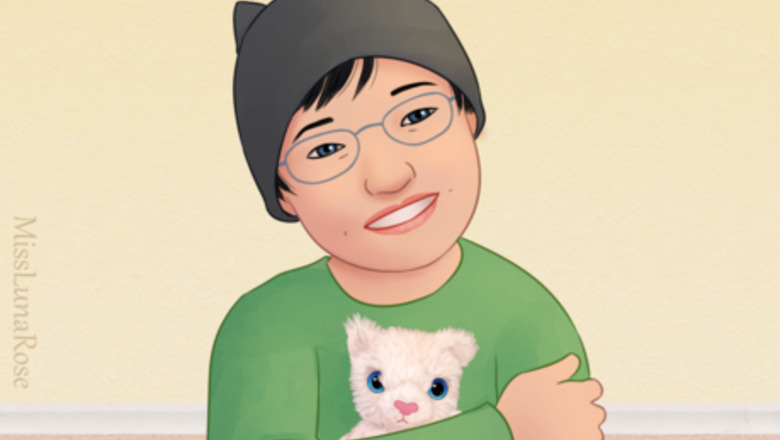
views
Understanding the Child
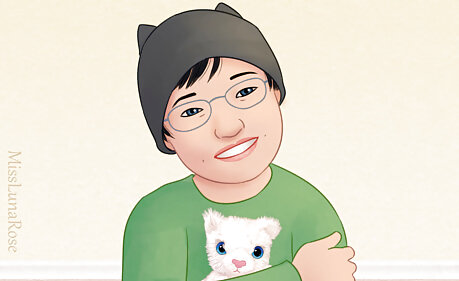
Consider what toys the child already enjoys. Notice which toys the child tends to play with the most. This can help you pick out similar toys that the child is likely to enjoy. Keep in mind that autistic kids may play with things that aren't considered "toys." Rocks, sticks, soup cans, and other objects may be makeshift toys for autistic kids. If the kid tends to play with these, try to figure out what they like about them.
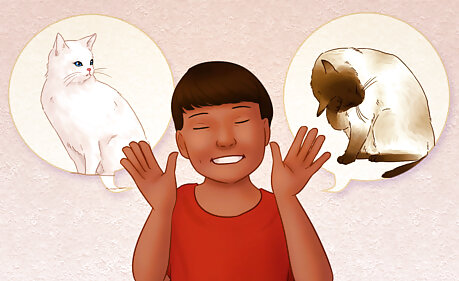
Identify the child's special interests. Most autistic kids have one or a few passionate interests. Identifying these can help make it easy for you to pick out presents. Books or movies about the interest Toys representing the interest Collectibles related to the interest Arts and crafts projects focused on the interest Sensory-friendly clothing with pictures of the interest
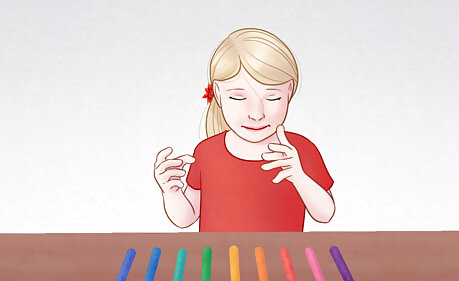
Notice if the child likes to collect anything. Some autistic kids like working on collections. While some kids collect "traditional" things like stamps or rocks, others collect unique things like ribbons, shells, stickers, beads, or stuffed animals. Try finding something new for their collection. If the child's collection is a mess, try buying them a few organizers. Don't worry if it's not traditionally called a "toy." If you think the child will be delighted when you give them a collection of odd buttons, then it's a great idea.Tip: If the child's collection involves very specific items (like stamps or Pokemon cards), then they may be less excited by a present if it turns out to be a duplicate. Try investigating what they already have and what they've been wanting to add to their collection.
Planning the Gift
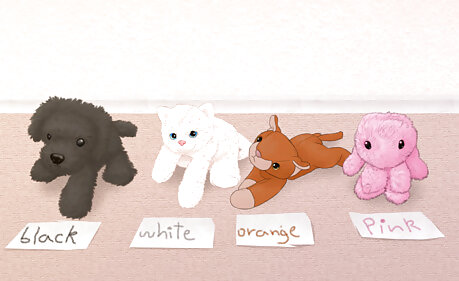
Focus on quality, not quantity. A cluttered house full of mediocre toys isn't fun for most people. Instead, look for one or two really good toys that the child is likely to enjoy.
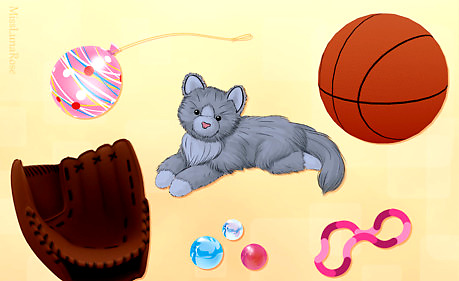
Think about durability. Younger kids especially can be destructive, and sometimes accidents can happen. Some autistic kids get deeply upset if a toy breaks, so look for durable toys if you know the child is sensitive. Board books are harder to destroy than regular books. Always put safety first. Toys that shatter into sharp pieces, or that might create choking hazards for little kids, are a bad idea.
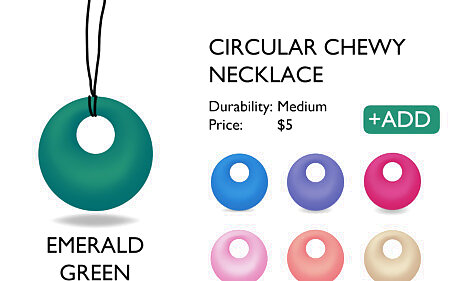
Search online. Online stores may offer more options, especially when it comes to sensory-friendly and autism-related toys. They can also help find toys and gifts related to any rare or unusual interests. Find out what autistic writers loved when they were children. Consider stim toys as well as traditional toys. Be careful of websites that emphasize "appropriate play." Some of these sites have a very narrow definition that can be stifling or unhealthy for neurodivergent kids. If the child is having fun and not causing harm, their play is appropriate.
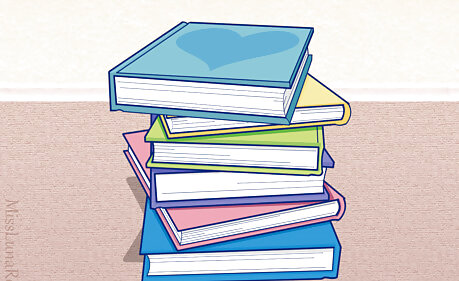
Remember that non-toy gifts can be great too. Something doesn't need to be a "toy" in order to give the child fun and entertainment. Books Weighted blankets Beanbag chairs Mini tents to hide in Video games
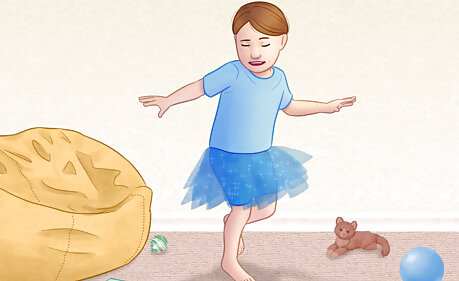
Remember to focus on the child's happiness, not on what's "typical." Playing is something kids do for fun, not to please adults. Focus on what the child likes, even if it's a little odd.
Choosing Fun Toys
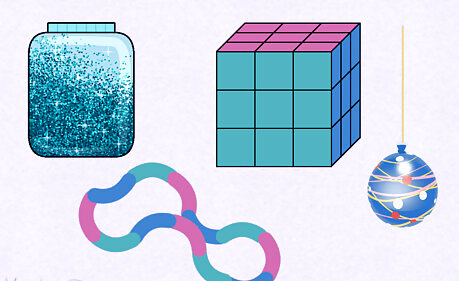
Choose sensory toys tailored to what the child seems to enjoy. Stimming habits can give you a clue into what types of sensory toys might help the child. Potential fun toys and accessories include: Visual: glitter jars, light toys, lava lamps, fiber optic lamps, spinning toys Sound: music toys, toys that make sounds, instruments (maracas, drums, harmonicas) Tactile: beads, marbles, slime, kinetic sand, koosh balls, water beads, pipe cleaners, fidget jewelry, finger paint, interesting textures Proprioception/high energy: indoor trampolines with handles, exercise balls to bounce on, punching bags, swings, stretchy things to pull, roller skates, sports equipment
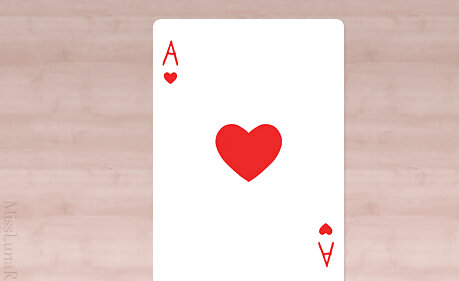
Consider skill-enhancing toys while keeping the child's current abilities in mind. Some types of toys can encourage skill development. Just make sure that it's at an appropriate level so that the child will enjoy using it. Fine motor skills: Arts and crafts projects, art supplies, coloring books Gross motor skills: Scooters, balls, sports equipment, safe trampolines, swings Social skills: Board games, turn-taking games, cooperative games
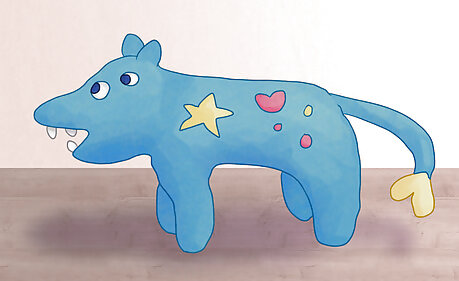
Try creation and building opportunities for older kids. Many autistic people love to create things. Look for kits and materials related to things they can make. Modeling clay Creation kits (rockets, planes, etc.) Sewing kits Colorful yarn for yarn dolls
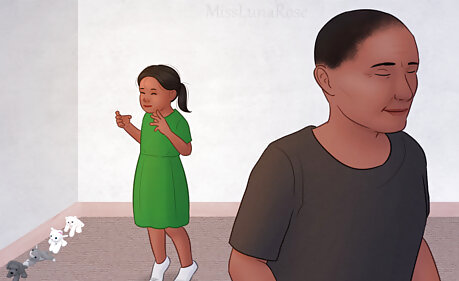
Look for toys that the child can organize or use to create systems. Autistic kids can enjoy organizing toys and arranging systems in creative ways. Look for toys that tap into these strengths. Versatile building blocks Toy houses or towns with lots of rearranging opportunities Snap circuits Puzzles and brain games, especially ones that can be rearranged to create new challenges Toys with compartments (like a toy kitchen with drawers or a fold-up racecar track) Toys that can be taken apart and reassembled in different waysDid You Know? Lining up toys and doing other types of repetitive play is healthy for autistic kids. They're often silently engaging their imagination and getting relaxing downtime while they do this. It also keeps them busy, so adults can focus on other tasks without worrying about the kid.



















Comments
0 comment